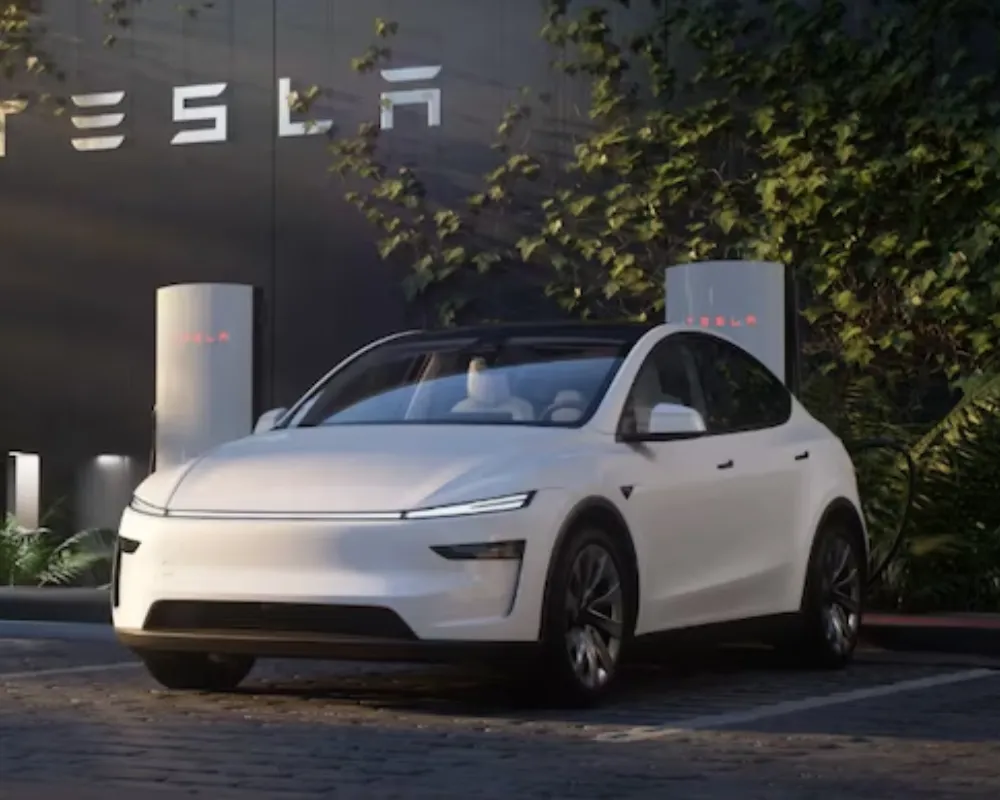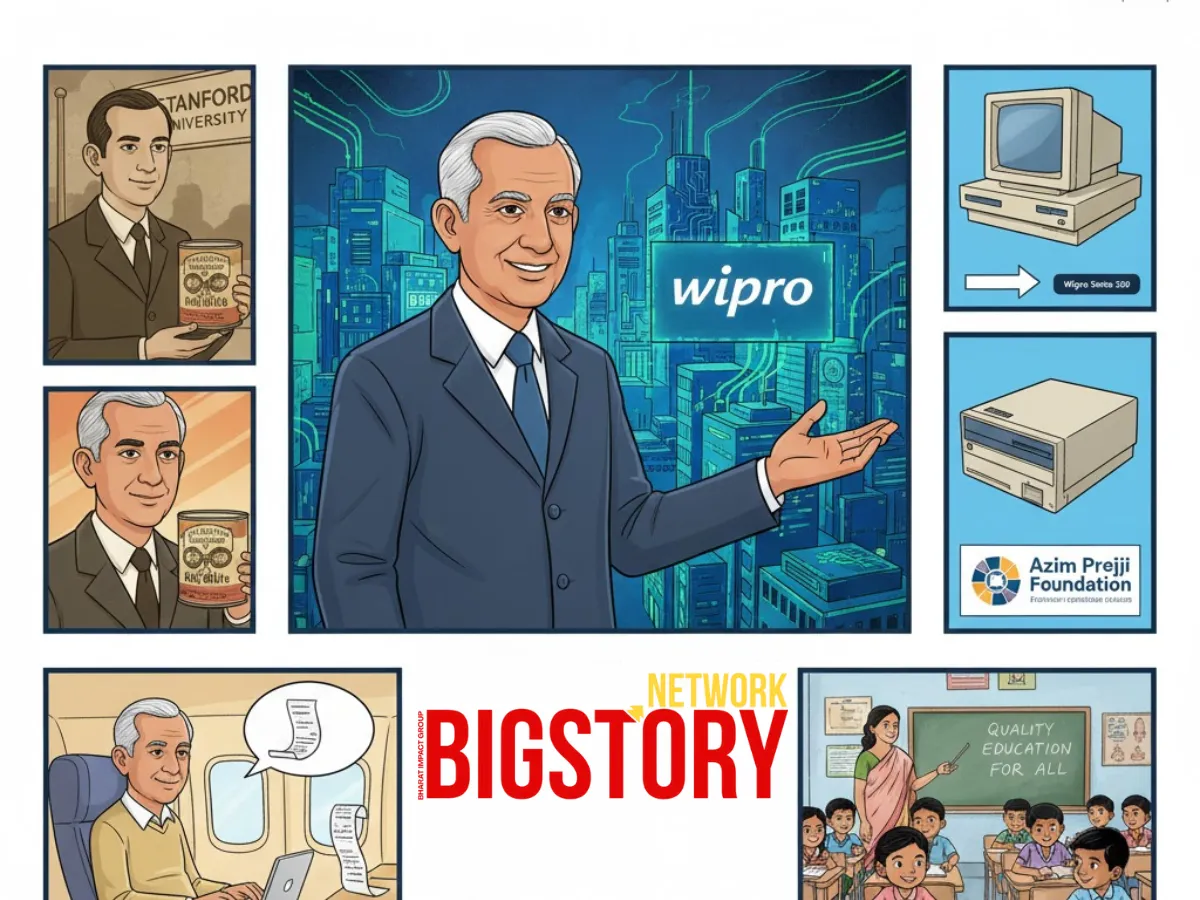After years of anticipation, Tesla officially launched in India today, opening its first showroom in Mumbai and introducing the Model Y. High import duties make it a premium offering.
 Minaketan Mishra
Minaketan Mishra

After years of negotiations, policy discussions, and fervent anticipation, Elon Musk's Tesla has officially marked its entry into the Indian market today, Tuesday, July 15, 2025. The American electric vehicle giant inaugurated its first "Experience Centre" showroom in Mumbai's prominent Bandra Kurla Complex (BKC) and simultaneously launched its popular Model Y SUV as its initial offering in the country.
The launch event saw Maharashtra Chief Minister Devendra Fadnavis welcome Tesla, hailing its arrival as a significant step for India's electric mobility future. This marks Tesla's first physical presence in India, signifying its intent to tap into one of the world's fastest-growing automobile markets.
Tesla has introduced the Model Y in two variants for the Indian market:
Bookings for both variants are now open, with deliveries for the Standard RWD variant expected to commence within the current quarter, while the Long Range version is slated to arrive starting in October 2025.
The India-spec Model Y comes equipped with a suite of premium features, including a 15.3-inch infotainment touchscreen, heated and power-adjustable front and rear seats, an 8-inch rear screen, a 9-speaker sound system, ambient lighting, and a panoramic glass roof. It also integrates eight external cameras for advanced driver-assistance functions. The Standard Model Y offers a WLTP-rated range of up to 500 km, while the Long Range variant extends this to 622 km.
A notable aspect of Tesla's India pricing is its significant premium compared to other global markets. For instance, the Model Y starts at approximately $44,990 (around ₹38.63 lakh) in the US, 263,500 yuan (approximately ₹31.57 lakh) in China, and €45,970 (roughly ₹46.09 lakh) in Germany. This substantial price difference in India is primarily attributed to the country's steep import duties on Completely Built Units (CBUs). Currently, fully imported EVs priced above $40,000 attract a 100% duty, while those below face a 70% tariff.
Elon Musk has, in the past, vocally criticized India's high import tariffs as a major deterrent to Tesla's entry. While India recently announced a new EV policy offering reduced import duties (15% for a five-year period) for foreign EV manufacturers who commit to investing at least $500 million and commencing local production within three years, Tesla's initial entry is through imports from its Shanghai plant. Union Minister for Heavy Industries, H.D. Kumaraswamy, recently clarified that Tesla currently has no interest in manufacturing vehicles in India, focusing solely on sales and showroom operations for now.
Tesla's long-awaited entry into India, while celebrated, can be seen as a cautious, strategic move rather than an immediate full-scale manufacturing commitment.
In conclusion, Tesla's launch in India today is a significant milestone, ending years of speculation. While the initial strategy is centered on importing premium models and building brand presence, its long-term success will hinge on its ability to navigate India's price-sensitive market, potentially adapting its offerings, and eventually considering local manufacturing to overcome the hurdle of high import duties. The Indian EV landscape is set for increased competition and innovation with Tesla's arrival.






Sign up for the Daily newsletter to get your biggest stories, handpicked for you each day.
 Trending Now! in last 24hrs
Trending Now! in last 24hrs